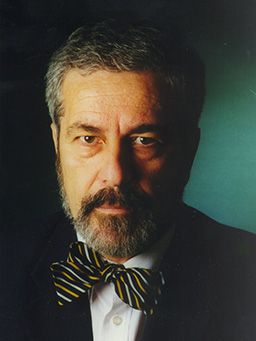
Dr. Ahmet Ăakir is Director of the ERGONOMIC Institute, Berlin. He studied telecommunication technology at the Technical University of Berlin. After receiving his doctorâs degree in lighting technology, he became a research fellow with the Institute of Ergonomics, where he conducted an investigation of VDT utilisation in German industries, sponsored by the Federal Ministry of Labour and Social Affairs. The scientific outcome of this study forms the main basis for German standards governing computerised workplaces. He was the principal author of âThe VDT Manualâ, which was published in five languages, âa landmark event in human computer interactionâ (Brian Shackel).
Since 1980 he has been the scientific manager of the ERGONOMIC Institute for Social and Occupational Sciences in Berlin. He is a fellow of the Ergonomic Society and editor-in-chief of the scientific journal Behaviour & Information Technology. Dr. Ăakir is chair of the international committee ISO/TC159/SC4/WG3 responsible for the standardisation of workspace and the work environment, and of the national German committee NAErg/NIA: Ergonomics for Information Processing Systems.
The publication of his research report âLight and Healthâ in 1990 marked the beginning of the ongoing debate on the health effects of lighting in work environments.
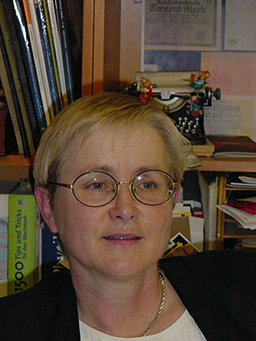
Gisela Ăakir finished her studies of telecommunication technology at the Technical University of Berlin in 1972. Upon graduating, she worked as a computer specialist for Siemens until 1979.
After that, to 2005, she was the Managing Director of the ERGONOMIC Institute for Social and Occupational Sciences in Berlin, where she was also a scientific assistant. Today she works as a consultant in ergonomics, light and lighting.
Gisela Ăakir has been a member of several DIN standard committees for artificial lighting. Since 2000 she has been a member of the board of FitLicht e.V.
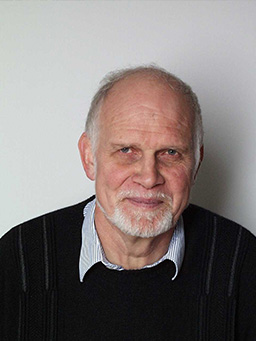
Prof. Dr. Heinrich Kramer has been working with lighting design for more than 30 years. Since graduating in Electrical Engineering from RWTH Aachen, Germany in 1965 and obtaining his Ph.D degree from the Ruhr-Universität Bochum, Germany/D, he has devoted his efforts exclusively to lighting design.
From 1971 to 1980, he was head of the Marketing, Research and Development Department of a luminaire design manufacturer.
In 1980, together with H. T. von Malotki, he founded the LICHTDESIGN studio in Cologne, Germany and in 1990 he became the general manager of the company. During this time he designed artificial and natural lighting for projects with many famous architects such as: Hollein, Foster, Meier, Nouvel, Pei and Ungers.
Heinrich also owns several patents on luminaire design.
He was a founding member of the European Lighting DesignersâAssociation (ELDA+) and was made a fellow member of the PLDA after a period of four years as its president (1995-1999).
Since 1988 he has been lecturing at the Faculty of Architecture of RWTH Aachen University. In 2000 he became an honorary professor at the same faculty, and since 2006 he has held the title of Professor Emeritus.
He is a member of several national and international committees responsible for the standardisation of light and lighting (DIN, LiTG, CIE).
Since 2014 Professor Kramer has been a founding member of the Federation of International Lighting Designers (FILD).
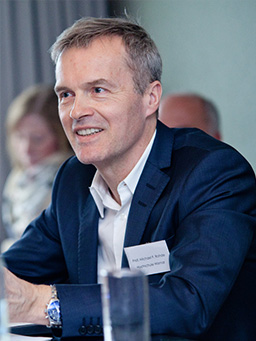
Professor Michael F. Rohde completed his studies of architecture at Karlsruhe University. After three years of practice as an architect, he obtained a Master of Science degree in Light and Lighting from the Bartlett School of Architecture at UCL in London.
In 1998 he founded LâPlan Lighting Design, an independent lighting design practice in Berlin. He has wide experience of lighting in all areas of artificial and day lighting design.
Since September 2006, Professor Rohde has been teaching as a Professor of Architectural Lighting Design and Architecture at the Hochschule Wismar, University of Technology, Business and Design Wismar, Germany.
Michael currently works primarily as an independent lighting designer and as an educator.
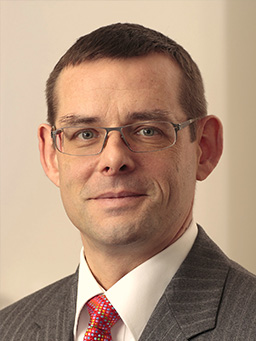
Alexander Wunsch is a physician, researcher and lecturer in light medicine and photobiology with particular interest in the effects of light and the beneficial/adverse health impacts of solar radiation and artificial light sources on endocrine and cellular levels in humans.
He conducts studies on the photobiological effects of optical (UV, VIS and IR) radiation.
In his private medical practice in Heidelberg he uses therapeutic light spectra in combination with other biophysically based treatments, and develops lighting equipment for medical and cosmetic purposes.
He is associate lecturer at the Wismar University of Applied Sciences and mentors students writing their master's theses on light- and health-related topics. Alexander Wunsch presents at international conferences and operates as a consultant for federal authorities, media, and industry.
Alexander Wunsch is a member of the German Lighting Society (LiTG) and former president and member of the International Light Association (ILA).
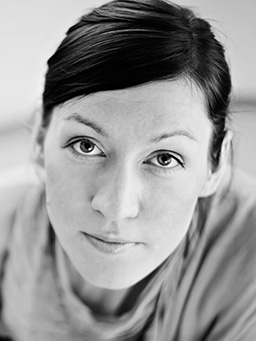
Dr. Karolina M. Zielinska-Dabkowska completed her studies of Architecture and Urban Planning at GUT, Poland and Architectural Engineering at HAWK, Germany.
As a trained architect, she pursued a career in lighting by working for several world-renowned lighting design firms in Berlin, London, New York, and ZĂźrich. She has 10+ years of international experience in the completion of medium and large scale interior and exterior design projects and in the project management for clients from corporate, institutional, retail, hospitality and transportation sectors.
In 2013 she obtained her Ph.D. from GUT, Poland, where she translated her practice-based knowledge in architectural lighting into theoretical guidelines for architects, for which she was recognized with the 2014 Polish Prime Minister's Research Award. In 2015 she was awarded the Professional Lighting Design Recognition Award 2015 in the category "Research" for her work and research on the non-visual effects on light for humans, flora and fauna.
In 2013 Karolina co-founded the firm designs-4-people [d4p], where she currently practices as a lighting designer, educator, and researcher. She has participated in a number of international conferences, and has written articles for national and international publications.
She is also a professional member of the Royal Institute of British Architects (RIBA) and the International Association of Lighting Designers (IALD).